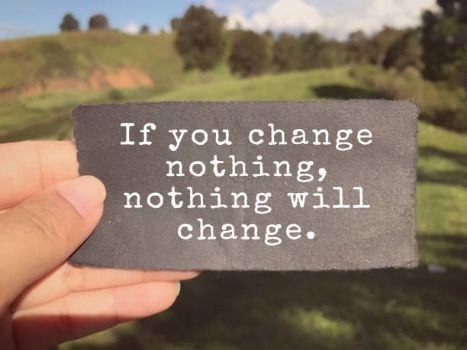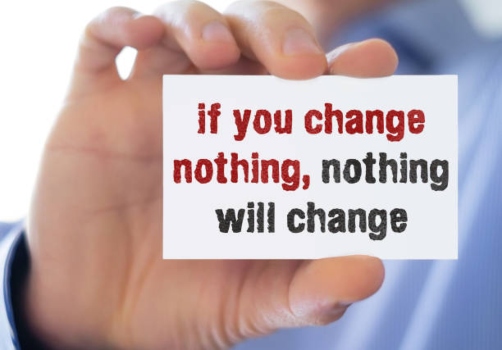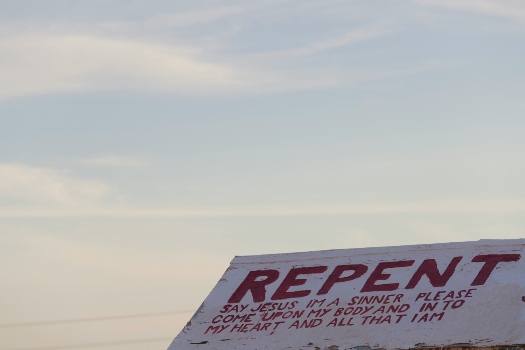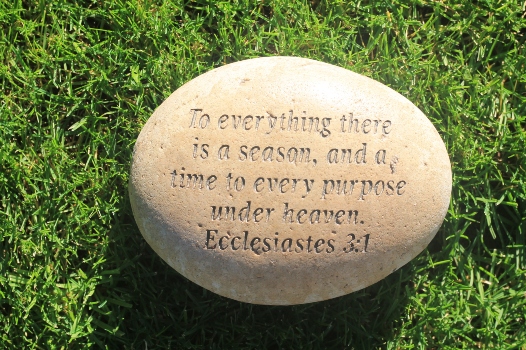It Means Getting Past the Intangibles
Construction companies regularly find themselves stuck in the rut of doing the same thing over and over hoping for different results. Most of these businesses get started knowing construction, but not business. They plod along doing construction hoping that something is going to magically happen so they can get control of the business side of things.
Your construction business isn’t what you expected.
What are you going to do about it?

This is where the hard work begins because you don’t know what to do about it. Or if you do, you don’t have the time or energy to do it.
Knowing something needs to be done, but doing nothing, is the most common problem construction companies deal with.
This problem comes down to tangible vs. intangible.
Construction deals with the tangible. The ability to touch and see the benefits of your actions each and every day. This is one of the most rewarding sensations in construction.

I’ll never forget that feeling of exhausted accomplishment at the end of the day. Looking at those walls that are there now and weren’t when we started. Having a blueprint of where the walls are supposed to go. How the parts are supposed to fit together. Laying out those studs and wall plates, nailing them together and standing the wall. This physical accomplishment is evidence of progress.
These things are tangible.
On the other hand, building a construction business is intangible.
We can have ideas and plans for building a business. We can see it in our mind, but it’s not a building. This process doesn’t require boards and nails. There is no physical reality that doing any of these actions is going produce anything.
We can work on building a business for days and weeks and still not be able to step back and see that anything was built. It’s not like looking at a newly framed and stood wall.
The fact that building a construction business is intangible is why most aren’t doing it.

It is hard to commit to something that is intangible. It sounds great but…what if it doesn’t work? What if it takes longer than I expected? The unknown is scary.
Ultimately, it’s up to you.
Do you want your business to be more than just a job?
If you do, it’s up to you to do something about it. Change is required. The definition of insanity is doing the same thing over and over again expecting different results. I know change is hard, but this is the only way things will change.
The evidence of progress with the business is more subtle than physical construction. It shows up in places that you don’t normally look. Places like increased profit, consistently happy customers, having money to pay bills and taxes, construction projects going smoother than normal.
You have a choice. You can continue doing things the way you have or change.
The only way you will ever get control of your business is by pushing past the intangibles. If you would like some help taking control of your business, schedule a free 30-minute construction company consultation.










































